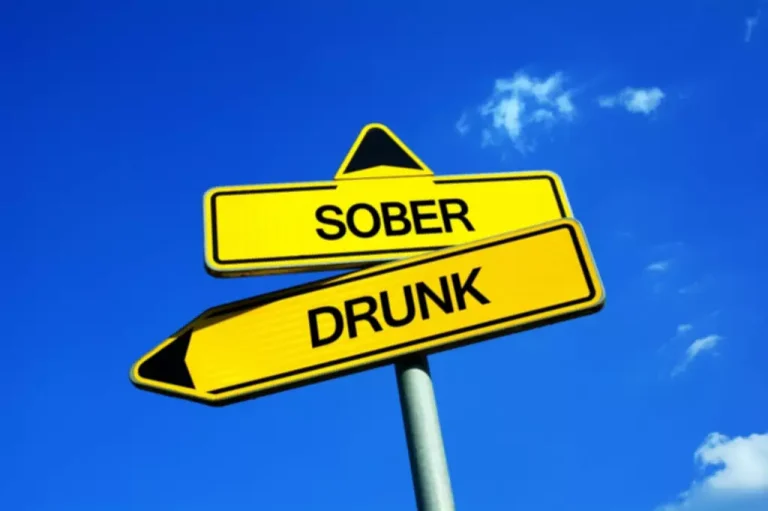
It’s increasingly common for someone to be diagnosed with a condition such as ADHD or autism as an adult. A diagnosis often brings relief, but it can also come with as many questions as answers. People must be at least 6 years old to get an IED diagnosis, but it’s usually first observed in late childhood or adolescence. Intermittent explosive disorder (IED) can affect children aged 6 years and older and adults. Make up a code word, hand signal, or other sign that you can use to indicate to others that you’re being threatened.

IED behavioral outbursts
- Alcoholic Rage Syndrome, also known as alcohol-induced aggression or alcoholic anger, is a distressing condition that plays a role in answering the question, why are alcoholics so mean?
- Alcohol impairs cognitive function, which means it is more difficult to problem-solve, control anger, and make good decisions when drinking.
- Besides personal and relational consequences, alcoholic rage syndrome also has a negative impact on society.
- It is crucial for family members to find support from professionals, local support groups, and resources such as the NHS and Adfam websites to help them cope with the challenges of Alcoholic Rage Syndrome.
Our team at The Ohana understands that loved ones struggle and grapple with questions like, why are alcoholics mean? That’s why we work closely with families and loved ones to help https://ecosoberhouse.com/ them understand the perplexing consequences of alcoholism. Support from family and friends, alongside professional guidance, creates a strong foundation for overcoming alcoholism.
How can I find support for my alcohol use disorder?
This interferes with the brain’s ability to form memory connections. The more alcohol that is consumed, the higher the level of memory alcoholic rage syndrome loss will be. Some may lose a block of minutes or hours, or even days, depending on the amount of alcohol that was consumed.
Moderate Your Drinking

Many of us have known at least one person who “can’t hold his or her liquor.” Or perhaps we are that person. We just know that once the drinks start flowing things can get pretty ugly. In other words, we’re likely to do things — including giving others an earful as soon as we feel irked — without thinking about the potential fallout. We might also misread social cues and lash out in response to perceived slights, nonexistent threats, or frustrations. Thanks to generous benefactors, your gift today can have 5X the impact to advance AI innovation at Mayo Clinic.
Support Systems
And our orbitofrontal cortex (OFC), which is part of the PFC, helps calm feelings of rage and aggression. Research suggests several factors may be involved, including personality, genetics, social considerations, brain chemistry, and brain changes. The disorder is currently categorized in the Diagnostic and Statistical Manual of Mental Disorders (DSM-5) under the "Disruptive, Impulse-Control, and Conduct Disorders" category. Intimate partner violence is of great concern when it comes to alcohol and anger. Violence can occur in marriages, long-term partnerships, and dating relationships. People who tend to ignore the future consequences of their behavior, or score low on the Consideration of Future Consequences (CFC) scale, have been found to display more aggression.
Follow the UK low risk drinking guidelines
- Plummeting serotonin levels hinder the brain’s ability to regulate anger and are linked to impulsive aggression (5).
- The study concluded that alcohol increased the odds of physical aggression in those men who had high trait anger and poor anger management skills.
- The challenges faced in this arena have provided her with a strong base of practice in assessment, treatment, and case management.
- The degree of aggression displayed during the outbursts must be greatly out of proportion to the situation.
Alcohol can impair the OFC, and disrupt communication between the OFC and the amygdala. Without the OFC doing its job of calming those intense emotions, a person can have a strong reaction (2). Drinking alcohol releases norepinephrine into the brain, a stimulant that can decrease our inhibitions while increasing our impulsivity. Alcohol also depresses the part of the brain in charge of rational decision-making.

Drugs & Supplements

Don’t hesitate to consult a mental health professional regarding the most suitable therapy option for your needs. Besides personal and relational consequences, alcoholic rage syndrome also has a negative impact on society. Increased rates of aggression and violence can lead to higher levels of crime.

This emotional burden not only affects the individual struggling with alcoholism, but also extends to their relationships, causing distress and often damaging interpersonal dynamics. A drunk rage blackout happens when both of these conditions, anger and memory loss, merge. A personality change that happens when drinking to excess, such as becoming aggressive and angry, may also lead to a blackout if the large amount of alcohol was consumed too quickly. For example, while heavily intoxicated, someone may commit a violent act, such as inflicting physical harm or raping someone, and then blacks out having no memory of the event. Over time Ryan came to better understand factors that contributed to his drinking, including his anger and increased aggression when drinking. Therapy assisted him in recognizing how past wounds contributed to his vulnerability to both anger and alcohol use.
Identify the root of the anger
Responses to alcohol often depend on individual factors, including personal history, underlying mental health issues, and the amount of alcohol consumed. Alcoholic Rage Syndrome can be a sign of deeper issues related to alcohol abuse and may require professional intervention and treatment. The impact of alcoholic rage syndrome can be devastating, not only for the individual experiencing it but also for their family members and relationships. The outbursts of anger can lead to strained relationships, domestic violence, and a breakdown of trust. It is essential to understand the effects this syndrome can have on loved ones and to seek support for both the affected individual and their family members.
Share it with trusted friends, neighbors, and your children, if appropriate. Whether it's your partner or child who has IED, it's important to keep any dangerous weapons out of sight and secure. IED is treated with a combination of therapy, medication, and lifestyle changes. These outbursts are akin to a volcano blowing out sideways rather than straight-up, as the emotions will always find a way out. The easier route is to make other people responsible for their moods and overall emotional well-being. When someone is addicted to alcohol, it alters their behavior in predictable patterns.